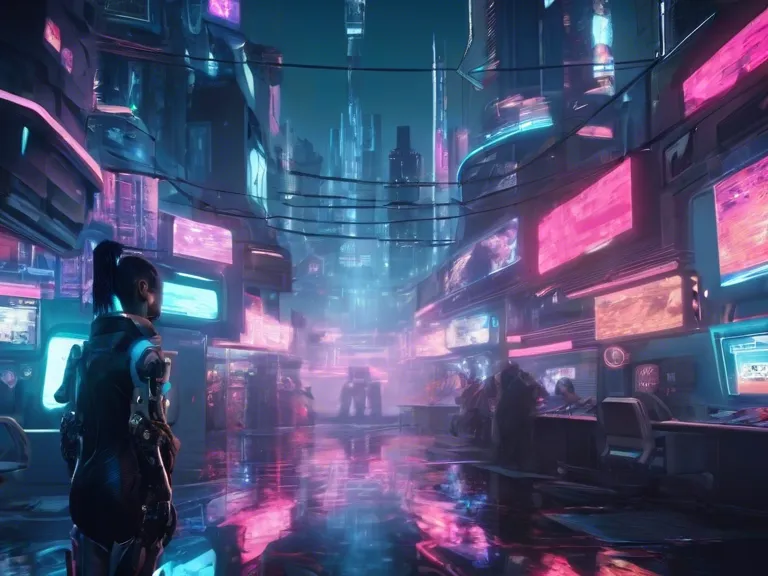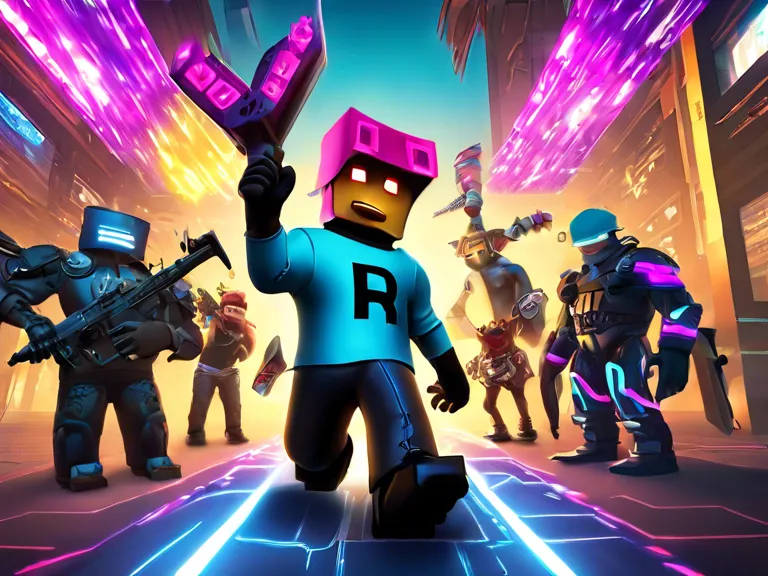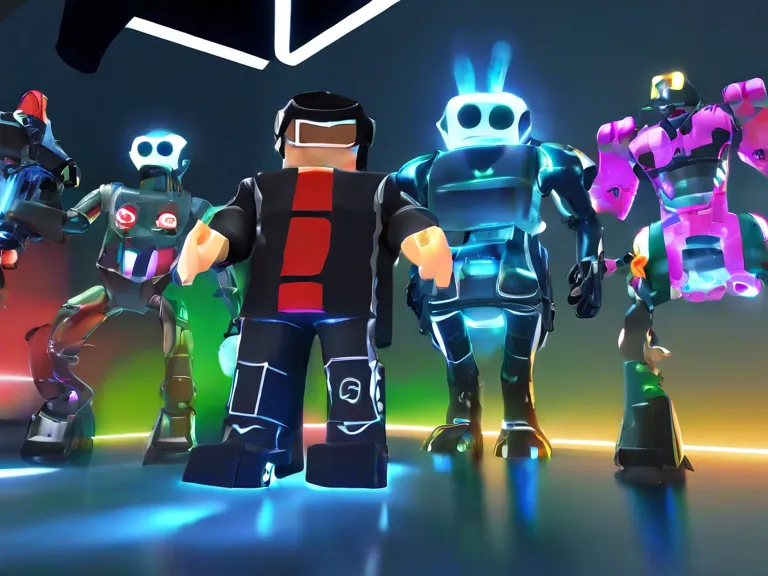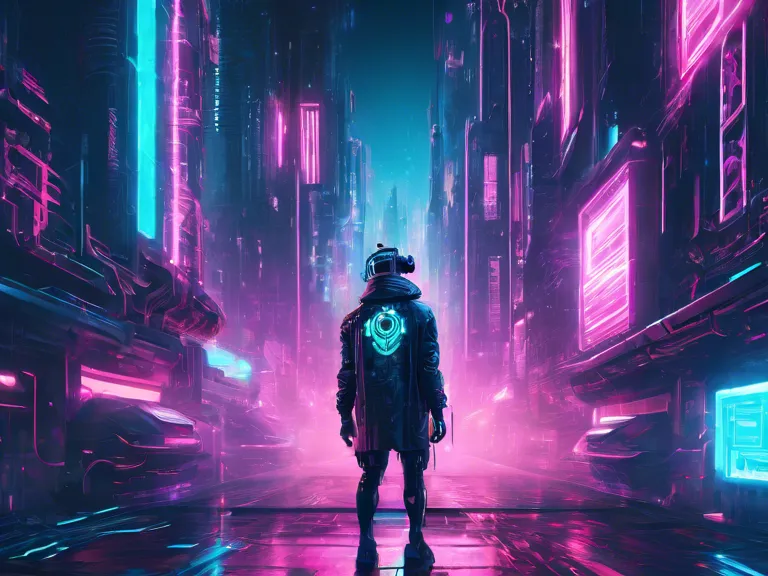
In recent years, the intersection of artificial intelligence (AI) and gaming has given rise to a new wave of immersive experiences in digital worlds. One particular genre that has flourished in this space is cyberpunk narratives. These narratives often explore dystopian societies, advanced technology, and the ethical implications of AI in a digital landscape.
Cyberpunk stories typically revolve around themes of a future where society is controlled by mega-corporations, technology has integrated into every aspect of life, and the lines between humanity and machines are blurred. This genre offers a unique platform for gamers to explore complex moral dilemmas, futuristic landscapes, and the consequences of unchecked technological advancement.
Through the implementation of AI in gaming, developers have been able to create more dynamic and responsive worlds for players to navigate. NPCs (non-playable characters) can exhibit more lifelike behaviors, environments can evolve based on player choices, and the overall gaming experience can feel more immersive and interactive. This integration of AI technology allows for a deeper level of storytelling and world-building in cyberpunk narratives.
Games like "Deus Ex," "System Shock," and "Cyberpunk 2077" have pushed the boundaries of what is possible in terms of storytelling and gameplay within the cyberpunk genre. These titles allow players to dive into richly detailed worlds, make impactful decisions that shape the narrative, and grapple with the implications of AI in society.
As AI continues to advance, we can expect even more innovative and immersive gaming experiences within the cyberpunk genre. Developers will likely explore new ways to integrate AI technology to create more nuanced characters, complex narratives, and compelling gameplay mechanics. The intersection of AI and gaming has the potential to revolutionize how we experience and interact with digital worlds, particularly within cyberpunk narratives.



